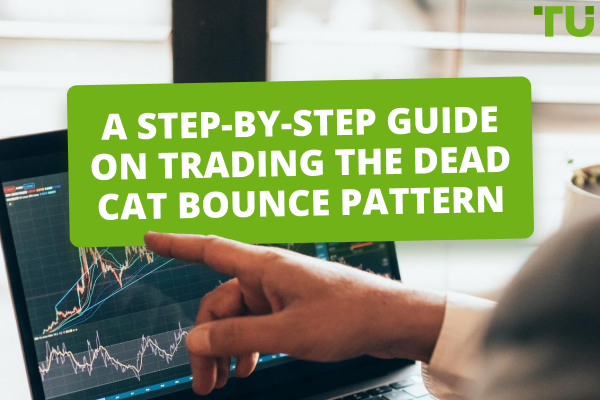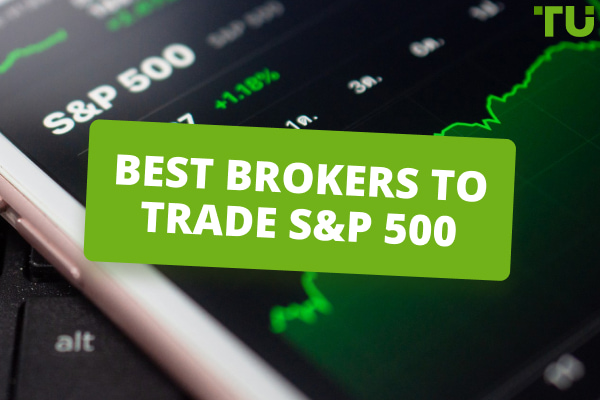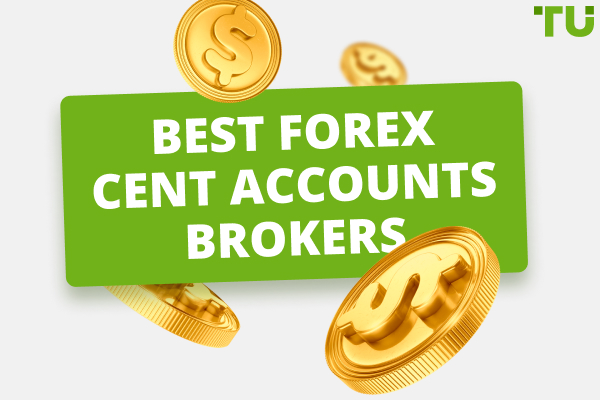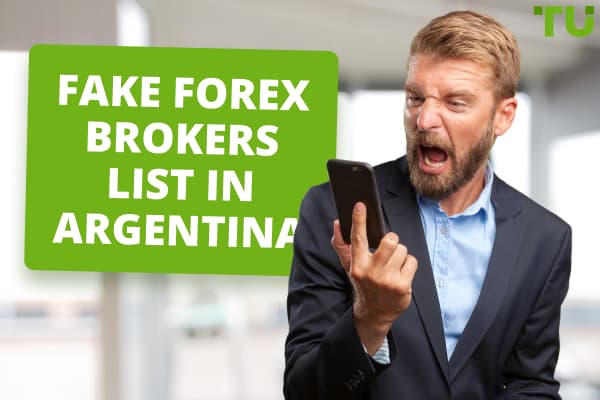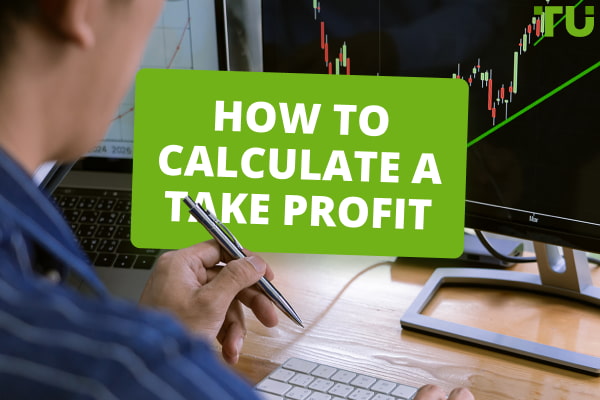Is Trading In Forex Real? Is Forex Legit?
Forex trading is the process of buying and selling foreign currencies in the market. It is real, and one of the most popular financial markets in the world. Currencies are traded through a broker or dealer and are dealt with in pairs. For example, the AUD/USD pair represents the Australian dollar's price against the US Dollar. In this review, the experts at TU will discuss whether Forex trading is genuine and legit and how you can check whether the brokers are regulated.
How to check whether forex is legit?
Checking whether a forex intermediary is legit can be done by looking for certain red flags that question the legitimacy of a company. Some of these red flags can include not being registered with the proper financial authorities, not having a physical address, or not having contact information readily available. If a company has any of these red flags, it is important to do additional research to ensure they are legitimate before investing any money.
In this article, the experts at TU have prepared a guide to help you check whether a Forex broker is appropriately regulated. Additionally, they have also put together a list of some of the best and most legit Forex brokers in the world.
Is forex legit?
Most countries have their own respective regulatory bodies that oversee Forex trading activity, and in most cases, Forex trading is entirely legitimate. The main reason why Forex trading is considered to be fully legitimate is that it helps to promote global trade and investment. In addition, it also provides a level of liquidity that is not always present in other markets, which makes it an attractive option for many investors.
How are Forex brokers regulated?
Forex brokers are regulated by financial authorities in most countries. For example, in the United States, forex brokers are regulated by the National Futures Association (NFA) and the Commodity Futures Trading Commission (CFTC). In the United Kingdom, forex brokers are regulated by the Financial Conduct Authority (FCA), and in Australia, forex brokers are regulated by the Australian Securities and Investments Commission (ASIC).
Most countries have local financial regulators that oversee forex brokers operating in their jurisdictions. These regulators have the authority to act against companies that engage in fraudulent or deceptive practices or fail to meet their financial obligations. The regulations imposed by these regulatory bodies vary from country to country. Still, the main aim is to protect investors from fraud and ensure that forex brokers are operating fairly and transparently.
How to check a Forex broker regulation?
It is recommended that you check a forex broker's license before opening an account with them. The following is a step-by-step process you can follow to check for a forex broker’s regulation:
1. Check the website of the forex broker
If the forex broker's website does not mention regulation, then it is most likely that the forex broker is not regulated. It is essential to check if the forex broker is regulated because regulated brokers are required to follow specific rules and regulations set by the regulatory body that safeguards the investors’ interests.
2. Check the information provided on the website
It is always advisable to check the information provided on the website of a forex broker to know if the broker is regulated or not. The information you should look for is the regulatory body's name and the broker's registration number.
3. Check the registration number
Go to the regulatory body's website and check the registration number of the broker. If the website does not mention anything, then it is most likely that the broker is not regulated.
4. Verify SPIC membership
SPIC (Securities Investor Protection Corporation) is a membership organization that protects the interests of investors in the securities market. If a forex broker is a member of SPIC, it means that the broker is regulated and has complied with the standards set by the organization. This provides some level of protection for investors, as SPIC members are required to maintain certain criteria to remain members in good standing.
5. Check the SSL certificate
An SSL certificate is a digital certificate used to verify a website's identity and encrypt information sent to the server. It signifies that the forex broker is legitimate and regulated. It also shows that the broker is committed to providing a secure trading environment for its clients.
6. Check the company status
The main reason behind checking the company status of the forex broker is to ensure that you deal with a legitimate company. There are many scams in the forex industry, and you don't want to be a victim. By checking the company status, you can be sure that the company is legitimate and regulated by the appropriate authorities.
Regulated Forex brokers


FAQ
Will I be able to make more money with a licensed forex broker?
Although there isn’t really a cause-and-effect relationship between making more money and using a licensed forex broker, it is advisable to avail the services of such brokers to avoid getting scammed. After all, money saved is money earned.
Why is it important to choose a regulated forex broker?
Choosing a regulated forex broker is vital to protect yourself from fraud and ensure that your trades are executed properly.
When is a forex broker blacklisted?
A forex broker can be blacklisted by a regulator for a number of reasons, including engaging in illegal or unethical practices, failing to follow regulations, or simply having a bad reputation.
How can I protect myself against forex scams?
You can do a few things to protect yourself against forex scams. First, be sure to do your research before investing in any forex trading program. Second, be sure to understand the risks involved in forex trading. And finally, be sure to use a reputable forex broker.
Glossary for novice traders
-
1
Broker
A broker is a legal entity or individual that performs as an intermediary when making trades in the financial markets. Private investors cannot trade without a broker, since only brokers can execute trades on the exchanges.
-
2
Trading
Trading involves the act of buying and selling financial assets like stocks, currencies, or commodities with the intention of profiting from market price fluctuations. Traders employ various strategies, analysis techniques, and risk management practices to make informed decisions and optimize their chances of success in the financial markets.
-
3
Forex Trading
Forex trading, short for foreign exchange trading, is the practice of buying and selling currencies in the global foreign exchange market with the aim of profiting from fluctuations in exchange rates. Traders speculate on whether one currency will rise or fall in value relative to another currency and make trading decisions accordingly.
-
4
Investor
An investor is an individual, who invests money in an asset with the expectation that its value would appreciate in the future. The asset can be anything, including a bond, debenture, mutual fund, equity, gold, silver, exchange-traded funds (ETFs), and real-estate property.
-
5
CFD
CFD is a contract between an investor/trader and seller that demonstrates that the trader will need to pay the price difference between the current value of the asset and its value at the time of contract to the seller.
Team that worked on the article
Chinmay Soni is a financial analyst with more than 5 years of experience in working with stocks, Forex, derivatives, and other assets. As a founder of a boutique research firm and an active researcher, he covers various industries and fields, providing insights backed by statistical data. He is also an educator in the field of finance and technology.
As an author for Traders Union, he contributes his deep analytical insights on various topics, taking into account various aspects.
Dr. BJ Johnson is a PhD in English Language and an editor with over 15 years of experience. He earned his degree in English Language in the U.S and the UK. In 2020, Dr. Johnson joined the Traders Union team. Since then, he has created over 100 exclusive articles and edited over 300 articles of other authors.

